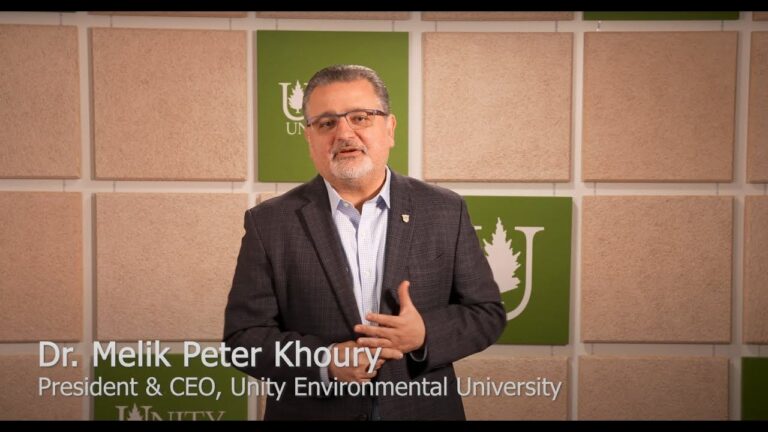
To remain relevant and effective, the green movement must abandon moral absolutism and embrace systems thinking, sustainability, and educational reform.
It says something that the people actually building climate solutions, designing carbon capture systems, reinventing agriculture, rewiring grids, don’t call themselves environmentalists.
Maybe they’re too busy solving problems to perform purity. Or maybe the term has become so loaded, so exclusionary, that it no longer welcomes those doing the real work.
The environmental movement is in danger, not because its mission has weakened, but because its image has.
Ask the average person what they picture when they hear “environmentalist,” and you’re unlikely to hear “climate engineer,” “supply chain designer,” or “systems biologist.” You’ll hear something more cultural, more activist, more moral, more elite.
That perception may not be entirely fair, but it doesn’t have to be. Perception is reality. And right now, the environmental movement is perceived as inaccessible, ideological, and at times, more concerned with signaling virtue than scaling solutions.
To continue reading, view the full post here



